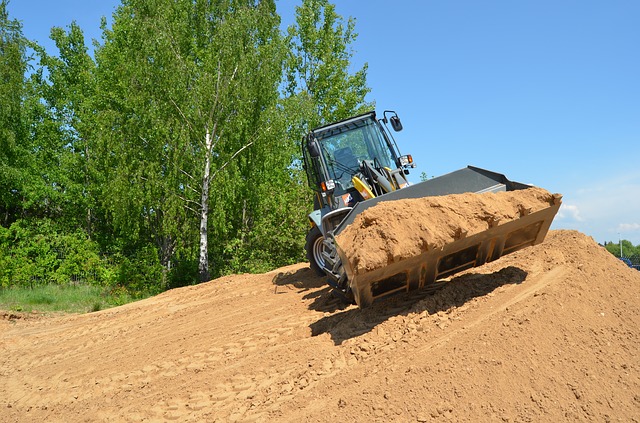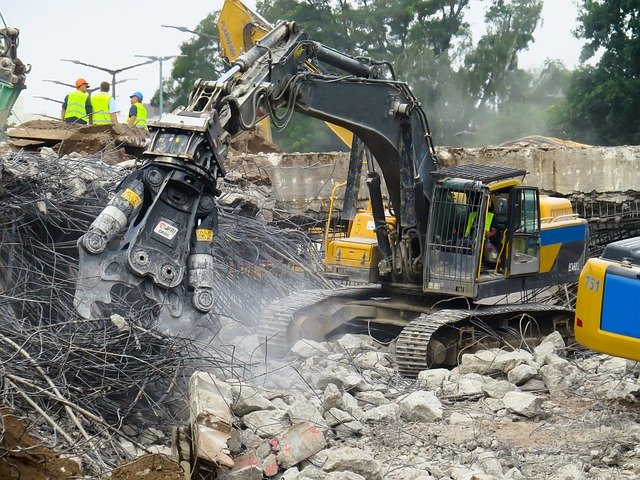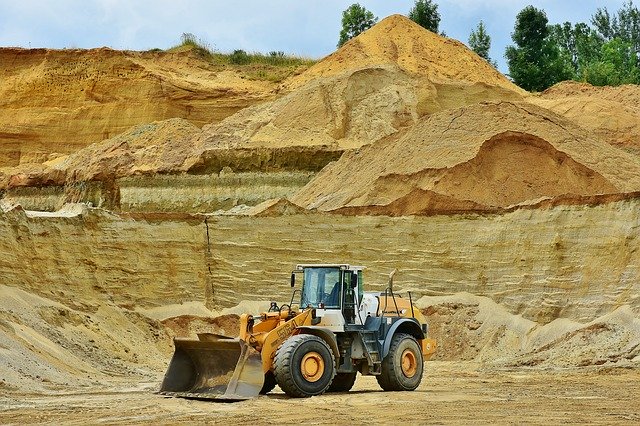
Whether you're building a new home, or are looking to remodel your current home, you may wonder what an excavating contractor can install. There are a number of different types of work that are performed by these contractors. These include demolition, site preparation, concrete removal, and foundation waterproofing.
An excavation contractor is able to dig trenches, connect utilities and prepare the land. A variety of other services can also be performed by them. They can also build roads and dig ditches to carry water lines.
A waterproofing membrane is installed over the concrete footing and foundation wall. The membrane can be tied into a perimeter drain system to prevent water from escaping from the foundation.
Before you hire a demolition contractor, check the contractor's credentials. Make sure that they have a license and are experienced. Also, check their reputation in the industry. They should have past projects and written information on their previous projects.
There are many products on the market to help you waterproof your home. You can choose from a variety of membranes, such as bentonite, polyurethane, and HDPE sheets. Some manufacturers recommend using a combination of products.
Test the soil is an additional element in site preparation. Test the soil to find out its properties. This includes density and tensile resistance. This allows you assess whether the ground is suitable to build on. You may need test the soil, depending on where it is located.
Demolition companies should be able to provide safety measures and a detailed demolition plan. Demolition experts will be able to provide accurate timelines for the project.
The most expensive snow removal services charge anywhere from $200 to $600 per season. This is usually a one-time payment, but if you hire a company that provides snow removal services throughout the year, you may be able to save money.
The concrete footing and foundation walls are covered with a waterproofing membrane. To prevent water from escaping the foundation, the membrane can be connected to a perimeter drain system.
A contractor will dismantle a building by removing all interior materials. This can include the use of explosives and wrecking balls. The debris is then taken away and everything is removed from the site.

The best way for you to know what equipment is needed is to get a quote from the snow removal business. A majority of companies will give you a free quote prior to you making any commitments.
Demolition can be complicated and time-consuming. A professional demolition contractor is available to help you plan the demolition and keep your project on track.
These companies work with utility companies to trench for electrical, telephone cable and water lines. They also assist with well or septic systems when necessary. When looking for an excavation contractor, consider the type of work you want done and compare services offered by different contractors. Also consider the type of equipment and machinery used in the project as well as the experience of the contractor.
The cost to install a septic tank varies depending on the type of tank you choose and the size of the home. Labor costs account for 50% to 70% of the total cost of the system.
You need to be sure you follow these steps, regardless of whether you plan to install your own septic system or hire someone to do it. You should request permission from the local government to excavate the site.
French drains can help protect basement from flooding. The drain will last decades if installed properly. You should be aware of several things before you install the drain.
Demolition can be a time-consuming and complicated process. An experienced demolition contractor can help plan your demolition project and keep it on track.
The national average cost to remove a slab of concrete is $1,444. You can expect to pay anywhere from $2 to $6 per square foot. However, the price can vary depending on your location, the slab's thickness, the type of reinforcement it contains and whether you're going to hire a contractor or perform the task yourself.
Whether you have a patio, sidewalk, or driveway, removing concrete can be a daunting task. You have to consider the size of the slab, the reinforcements it was built with, and the cost of removing it. Once you've decided, you can choose to hire a contractor or tackle the task on your own.
A slab of concrete can be removed for an average national cost of $1,444. The average cost to remove a slab of concrete is between $2 and $6 per square foot. The price of a square foot will vary depending on where you live, how thick the slab is, what type of reinforcement it has, and whether or not you hire a contractor to do the job.

An excavating contractor can create a beautiful terrain with the right tools. This is often more practical than a lawn on top of a hill. Flat lawns can be re-sloped in order to manage runoff.
For a capillary barrier, you might also want to consider adding a drainage pad. A drainage mat can create a gap between the membrane of the foundation wall that is typically half-inch.
A snow removal contractor is the most cost-effective and efficient way to remove snow from your property. Winter season is when snow removal companies are most booked. Calling snow removal companies early in the winter season is the best way to get the best rates.
The excavating company can help you install any type of work, no matter if you're building or renovating your current home. These contractors are skilled in many types of work. These include foundation waterproofing, site preparation and concrete removal.
It doesn't matter if your goal is to build a new home, or to renovate an existing one. Foundation waterproofing can help keep water out. To waterproof your foundation, the first step is to install a drainage system. This will keep water from entering your home.
You must also prepare the site for building your home. This is done by excavating and leveling your land.
While it may seem like a simple job, it can be dangerous to remove concrete. The proper safety equipment and proper procedures should be using to ensure the safety of yourself and the concrete contractor. You'll want to make sure you aren't caught in the machinery, and you should also make sure that you have a clear view of the area where you'll be working.
Concrete is one of the hardest materials to remove once it's in place. To do it properly, you'll have to hire a professional. They'll use their expertise and tools to break up the slab and cart it away. Depending on the project size, it could take a few days to complete. The average cost to remove a slab of 200 square feet is $2,600.
However, excavating contractors do more than just move dirt around a property. Although it may not seem important, an excavating contractor also moves dirt around a property.
Demolition is often the first step in any construction project. Demolition includes the removal of an existing structure, disconnecting current services and inspecting for safety hazards. A permit from the local authority must be obtained before demolition can start.

No matter if you have an apartment building, condo or office building, snow removal contractors might be necessary. Do your research on the types of services they offer and the equipment they will use before hiring them.
Septic tank installation will also require the excavation of a drain field. This is usually done after the design phase has been completed. The tank is then placed into the drain field. The drain field is then connected to the distribution box.
Before you hire a demolition contractor, check the contractor's credentials. Make sure that they have a license and are experienced. Also, check their reputation in the industry. They should have past projects and written information on their previous projects.
Demolitions often require permits, which can be obtained from the local government. These can range in cost from a few hundred dollars to several thousand dollars.
Another element of site preparation is to test the soil. Soil testing helps to determine the soil's properties, such as its density and tensile strength. This allows you to determine whether the ground is suitable for your building. Depending on the location, you may need to test the soil before you buy the land.
